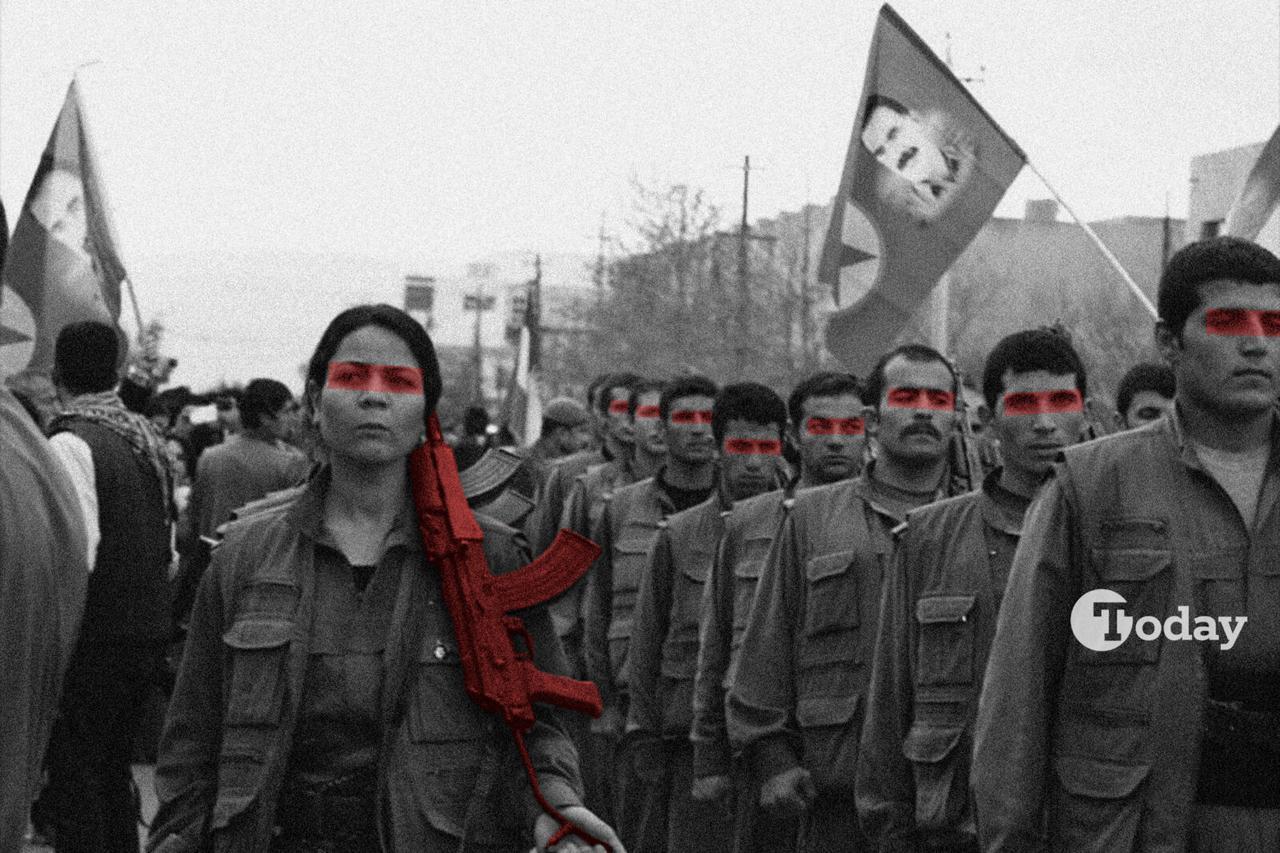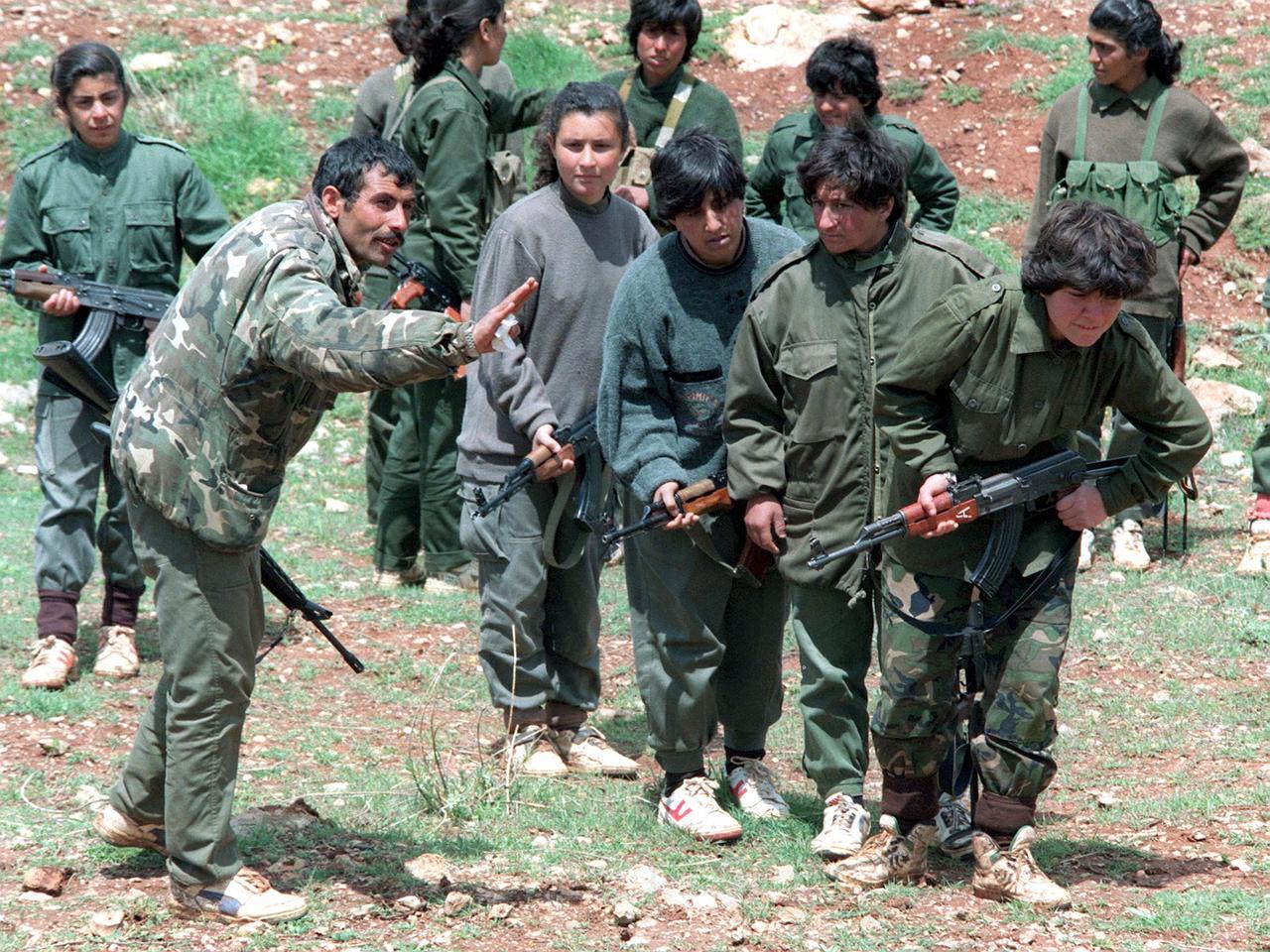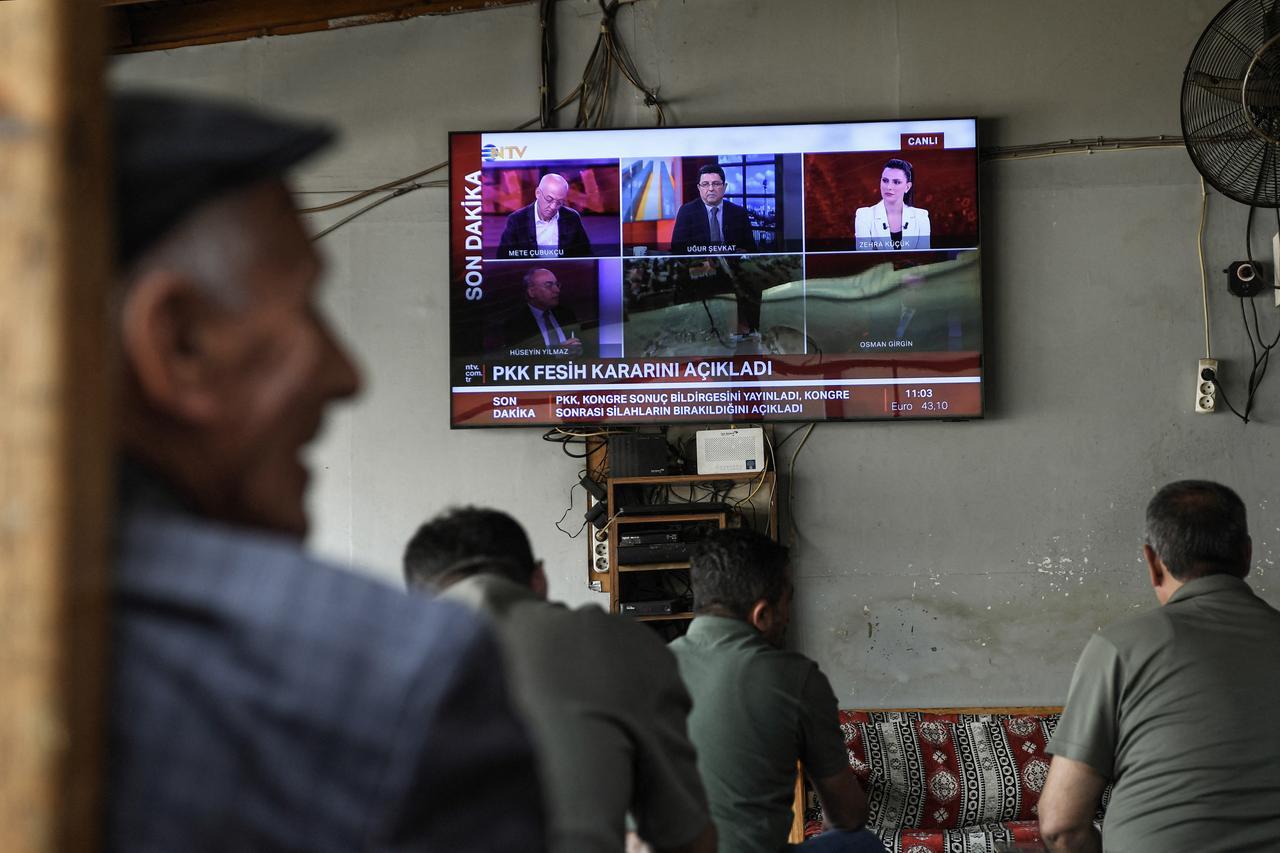
Türkiye experienced one of the most consequential moments in its modern history this week as the terrorist group PKK announced it would dissolve itself and lay down arms.
What many thought they would never live to see became reality. While the move dominated headlines and drew cautious optimism from some corners of society, its political aftershocks are already challenging the country’s established power structures.
The announcement came just days before a new opinion poll by ASAL Research revealed a shifting mood among the Turkish electorate. The results suggest that while the public is cautiously hopeful about the post-PKK chapter, the political class may not be moving quickly enough to define what comes next.
The survey, conducted across 26 provinces between May 10 and 14, asked voters how they would vote if elections were held this Sunday.
The ruling Justice and Development Party (AK Party) led with 33.5%, while the main opposition Republican People's Party (CHP) trailed closely at 32.4%. The pro-Kurdish DEM Party placed third with 9.1%—a standing that may prove more pivotal than ever in a post-PKK Türkiye.
The data points to deep fragmentation across the rest of the political spectrum. The nationalist MHP, a longtime ally of the ruling bloc, polled at 8.6%. The Good Party (IYI Party), once viewed as a center-right kingmaker, fell to 4.2%—below the electoral threshold.
Meanwhile, the ultranationalist Victory Party rose to 3.8%, drawing attention from voters concerned about a potential security vacuum following the PKK’s disbandment.

For decades, the fight against the PKK was the axis around which domestic security, regional diplomacy, and even national identity revolved. With that anchor gone, political players must now scramble to reframe their agendas.
DEM Party, once accused of being the PKK’s political wing, now faces a historic opportunity to reinvent itself—or risk being marginalized by newer actors seeking to claim the post-conflict political space.
Others, like the Victory Party, will likely try to fill any vacuum by doubling down on fears of instability, smuggling, or the role of Kurdish groups in neighboring Syria.
Perhaps the most important takeaway from the ASAL poll is that the era of simple majorities is over. The numbers suggest that neither the AK Party nor the CHP can govern alone with one partner. Coalition politics is no longer an option—it’s a necessity.
The potential for a new centrist bloc to emerge is real, but the ideological terrain remains jagged. Mistrust runs deep between parties that, until recently, were accusing each other of treachery and sympathizing with terror.

Perhaps the most consequential impact of these developments will be on issues like economic hardship, education, housing, and migration—long pushed to the sidelines by the fight against terror, but now returning to center stage.
But peace is fragile. The PKK’s end doesn’t guarantee that every fighter will lay down arms, or that regional actors will stop exploiting Kurdish grievances. And just because terror is declared over doesn’t mean it won’t return in a new form. How the process is managed will still be the biggest factor determining its outcomes.
Still, for the first time in decades, Turkish voters are glimpsing the possibility of political realignment driven by peace, not war. The parties that respond to this moment with courage—not just caution—may find themselves rewarded.
In the upcoming elections, what the DEM Party’s voters—who had backed CHP candidates in the last race—choose to do will be one of the most decisive factors.